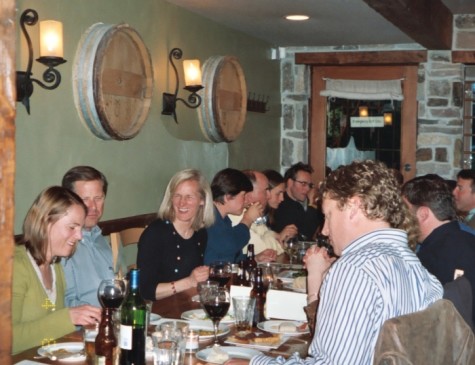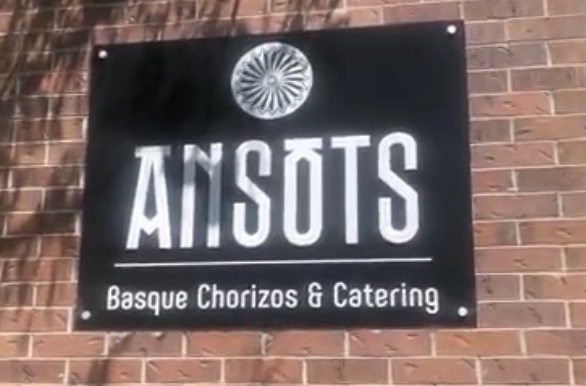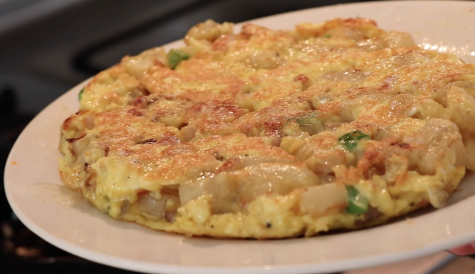Basques Help Popularize Handball in the U.S.
Professional handball players come from the Basque Country for this festival.
January 10, 2022
When it comes to handball in the United States, you can’t help but think about the Basque people.
Basque immigrants who arrived in California during the Gold Rush era brought the Basque game of pelota with them. Known in the Basque Country as pelota, or pilota, the sport spread across the West as waves of Basque newcomers sought their fortunes as sheepherders and boardinghouse operators. Indeed, from La Puente, California, to Jordan Valley in Oregon and Boise, Idaho, Basque people built frontons, or handball courts, to carry on the tradition of what had long been a national sport in their homeland. Wherever a knot of Basques gathered, there was usually a handball court in their midst.
But pelota lost some of its popularity with the new generation. It had to compete with American sports, and many youngsters never learned how to play the Basque sport. Many of the old courts were torn down during urban-renewal projects and never rebuilt.
Today, the game has to expand beyond its base in the Basque community to survive, say supporters of the sport such as Xabier Berrueta, president of the United States Federation of Pelota. The federation, a nonprofit organization based out of San Francisco, is the official governing body of amateur Basque pelota in the United States, according to its website.
READ MORE STORIES ABOUT HANDBALL
The current goal of the federation, Berrueta said, is to get more women involved and reach out to Latino communities in the southwest and along the U.S.-Mexico border. Different types of handball have long been played in those regions.
“What we as Basques should do as part of our legacy is to promote and develop the sport beyond our traditional bases,” Berrueta said in a recent interview with Euskal Kazeta. “The key is to get people out there to give it a shot and just play.”
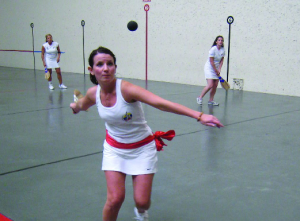
For more than three decades, pelota has been actively promoted by NABO, or the North American Basque Organizations, which represents Basque clubs in the U.S. The organization, which has a pelota committee, recently held its 34th annual championships at the fronton at the Basque Cultural Center in South San Francisco. Teams from NABO have represented the organization in tournaments in the U.S., Europe and Latin America. A NABO women’s team of Esther Ciganda and Maite Iribarren-Gorrindo played in October at the World Pilota Council Tournament in Argentina.
Berrueta, who traveled to Argentina, went to the tournament. He said he was impressed by the the popularity of the sport there – both among players and fans, who pack tournaments and are passionate about the game.
The country boasts many women players — one of the top is of Turkish descent — and the sport has spread well beyond Argentina’s sizable Basque community, according to Berrueta.
“I’m trying to recreate what has already happened in Argentina,” he said. “It’s been done down there. Why can’t we do it here?”
To help spread the sport’s popularity in the U.S., Berrueta has met with officials from several cities regarding constructing pelota courts.
Part of the challenge with pelota is that there are at least 14 different types of handball played on several different-sized courts. Among these are Jai alai, known as the fastest sport in the world, which is played with a ball hurled by players using a txistera, or wicker basket. Other types of pelota feature players striking the ball with various types of wooden paddles. One example is the popular paleta goma.
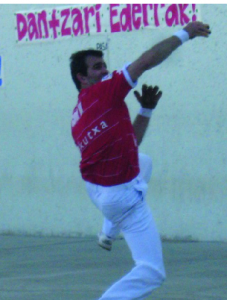
The International Federation of Basque Pelota is trying to consolidate the sport to just several specialties for possible acceptance as an official sport in the Summer Olympics. ( A doubles team from Spain played a French team during a pelota contest held in the 1900 Summer Olympics in Paris. Spain took home the gold medal.)
In the meantime, Berrueta said he plans to use the federation to spread the word about Basque pelota in the United States. The group has a Facebook page, and Berrueta is willing to meet with handball aficionados wherever they may be.
“Let’s just get people out there,” he said of the game. “This sport has the potential to spread.”

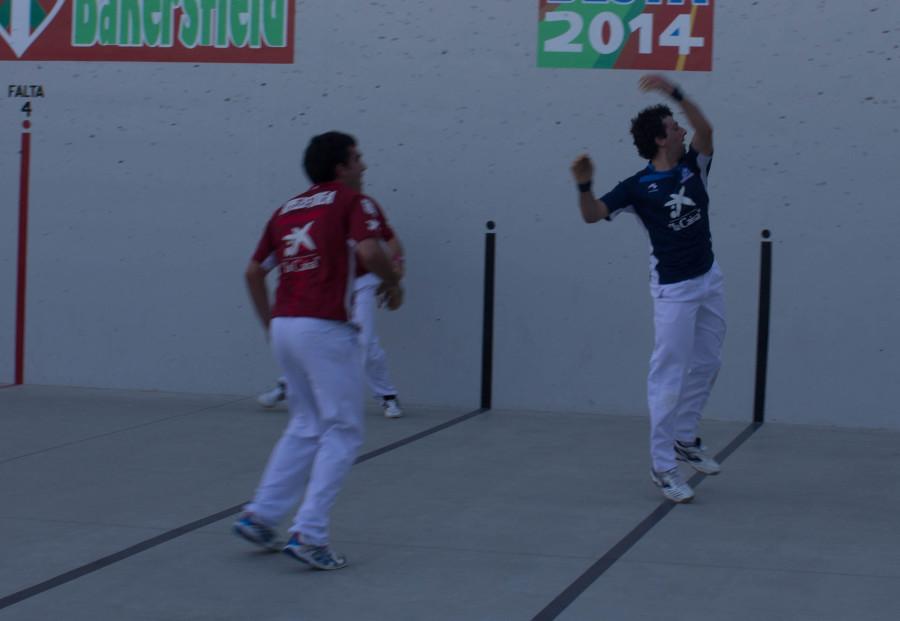

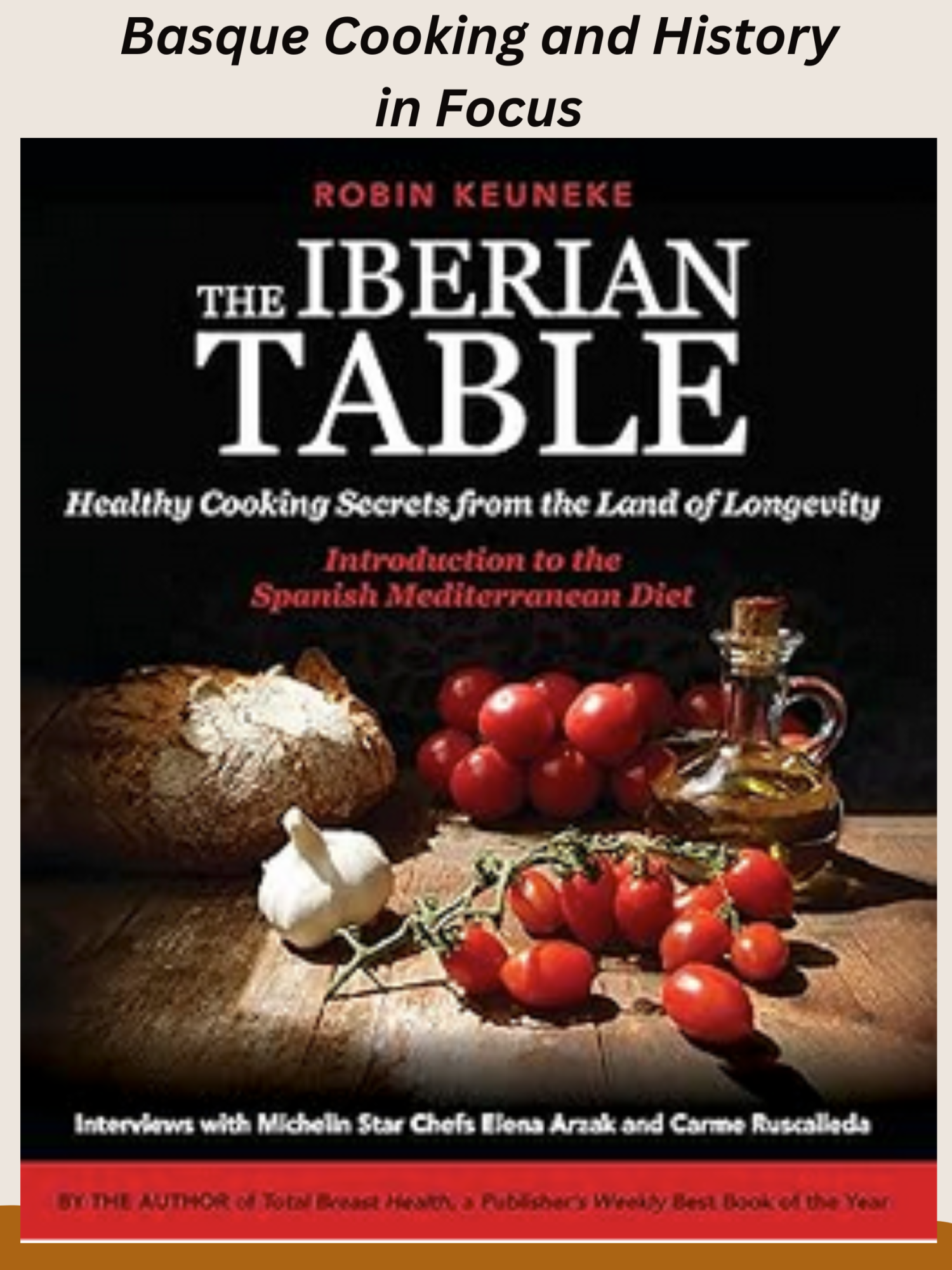
 Donate
Donate
